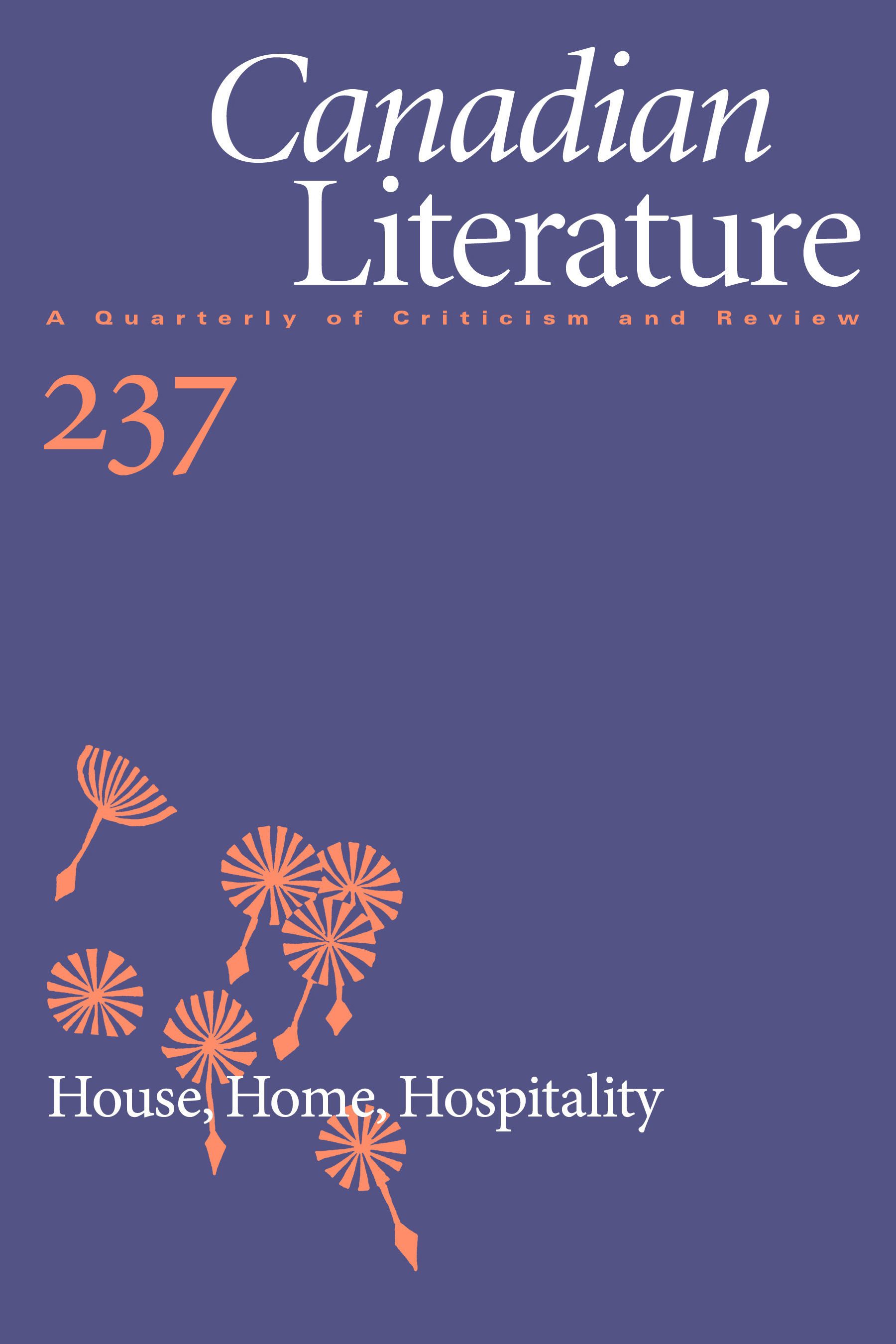Truth and Reconciliation in Postcolonial Hockey Masculinities
DOI:
https://doi.org/10.14288/cl.v0i237.190753Abstract
Sport is one of the key recommendations in the TRC's final reoort, and it is imperative that scholars of sport literature and culture take this seriously. Hockey, as Canada's national sport, is a critical place to begin.
It is assumed that hockey is unifying, but it is a “contact zone” (Pratt) where “players” present competing narratives about the meaning of hockey, “our game,” in a post-TRC (Truth and Reconciliation Commission) Canada. Here I present a contact zone reading of two books about hockey: Stephen Harper’s A Great Game (2013) and Richard Wagamese’s Indian Horse (2012). The books were published a year apart and each one has national significance: Harper’s history was published when he was the sitting Prime Minister, and Wagamese’s novel was a strong contender in CBC’s “Canada Reads” in 2013. Harper presents a neat progress narrative (from amateur to professional hockey), while Wagamese refuses the conventional narrative of hockey development and progress, and tracks the movement away from professional to community-based hockey. In Indian Horse both hockey and masculinities undergo a process of truth and reconciliation, and hockey is provided a far more nuanced narrative than Harper’s text allows.
Key Words: Postcolonial Hockey; Canadian Masculinities; Wagamese; Harper


